February 15, 2024: IRES Student Seminar with Ta Phurisamban and Jade Radke
1. When Indigenous and Western sciences collide: re-storying/restoring Mekong expertise through community-engaged research
2. The role of happiness in pro-environmental action
Time: 12:30pm to 1:20pm
Location: Beaty Museum Allan Yap Theatre (Basement, 2212 Main Mall). Please check in at front desk on main floor before going downstairs.
No food or drinks allowed in the Theatre.
View Video Recording.
Talk summary:
Indigenous science and traditional knowledges enact different worlds from their Western scientific counterparts. Their exclusion in modern freshwater and biodiversity governance is not only symptomatic of entrenched colonial structures and mechanisms, but also poses existential threats to life on Earth, particularly as Indigenous-stewarded lands and waters sustain some of the world’s richest biodiversity. In this presentation, Rapichan will examine what a community-based Mekong River and fish monitoring project combined with ethnographic research of Indigenous ethnic Mekong River dwellers can reveal about expertise, intimate knowing, and being in a world that is alive. How might river science (and management) look differently when recentring and restoring ways of knowing and worlding otherwise? Rapichan will also share some reflections on preliminary work needed to engage with Indigenous, ethnic, and/or local communities in generative ways.
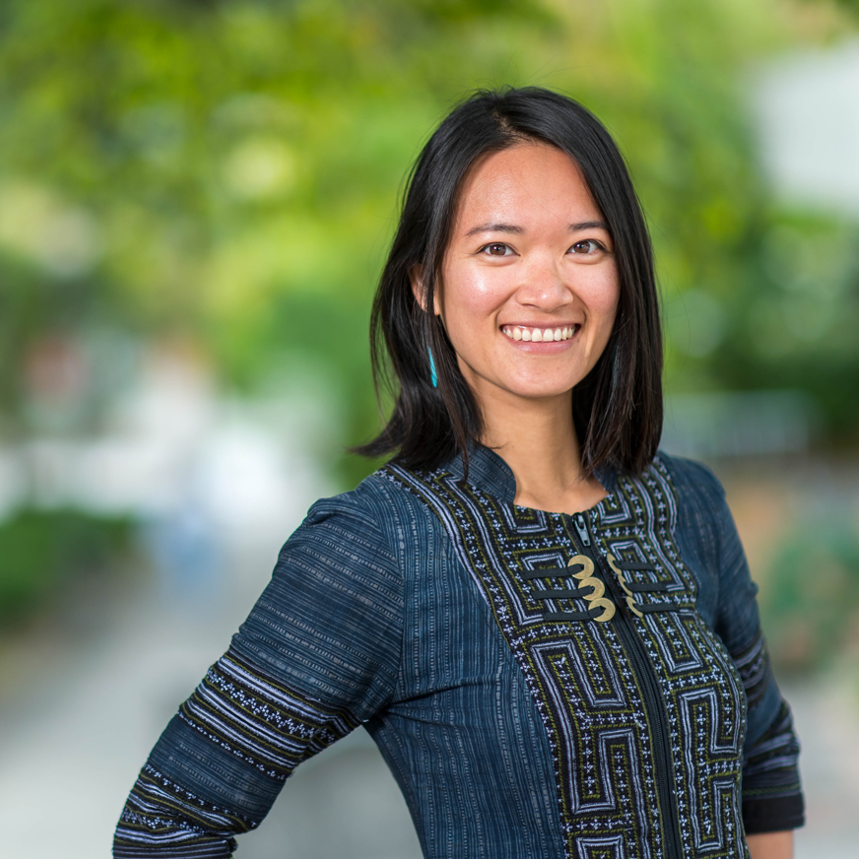
Bio:
Rapichan (Ta) Phurisamban is an interdisciplinary rivers scholar of Tai, Mon, and Chinese ancestry, and a PhD candidate in Terre Satterfield’s lab at the Institute for Resources, Environment and Sustainability. Their current work draws on critical ethnography, community-engaged research, and decolonial and Indigenous theories to understand the Mekong River as a living entity, and how Indigenous Mekong peoples’ ways of knowing and living with the river can inform the terms of engagement beyond modern freshwater and biodiversity governance. Through their involvement in decolonial environmental justice and journey into intersectional veganism, they recognize their obligations to foreground in their research the voices, expertise, and experiences of humans and more-than-humans who have been marginalized and dismissed. They continue to learn, many times through mistakes, how to cultivate ethical relations with peoples and places where they live and work.
Talk summary:
Despite the climate emergency, very few people are acting on climate change. One potential reason for inaction is that climate communication often focuses on the negative effects of climate change and the need to make personal sacrifices. Such communication can make people retreat from the issue rather than engage with it. To address this, we combine happiness science with climate science in a new happy climate approach that focuses on the happiness benefits of pro-environmental action.

Bio:
Jade Radke (she/her) is an MA student in the Behavioral Sustainability Lab at the Institute for Resources, Environment, and Sustainability (IRES) and is supervised by Dr. Jiaying Zhao. Prior to joining IRES, she received her BA in Honours Psychology and specialized in Applied Behavior Analysis. Her current research focuses on the use of positive reinforcement to elicit pro-environmental behavior change. She is a recipient of the CGS-M Fellowship 2022-2023 and the Indigenous Graduate Fellowship 2022-2024.
February 1, 2024: Professional Development Seminar with Elder Jim Leyden
Pursuing paths of impact: an Indigenous experience at the frontline
Location: Beaty Museum Allan Yap Theatre (Basement, 2212 Main Mall). Please check in at front desk on main floor before going downstairs.
No food or drinks allowed in the Theatre.
View Video Recording
Talk summary:
What do we hold precious today? What are we willing to do to protect them? For Kwekwecnewtxw Watch House Elder Jim Leyden and an Indigenous-led collective of volunteers at the Mountain Protectors, the bases of their work are the love for this land and waters, and the obligations to future generations who will inherit this place. The federally-owned Trans Mountain Pipeline Expansion (TMX) project not only violates Indigenous rights, but poses serious threats to climate change, biodiversity, and rights to clean and sustainable coastline and environment. As oil spills are inevitable, the Mountain Protectors arose out of a necessity to surveil, document, and report ongoing TMX activities to hold the Crown corporation accountable. Jim will tell his personal stories working at the frontline, and share his perspectives on community-engaged research, and how to do it well.
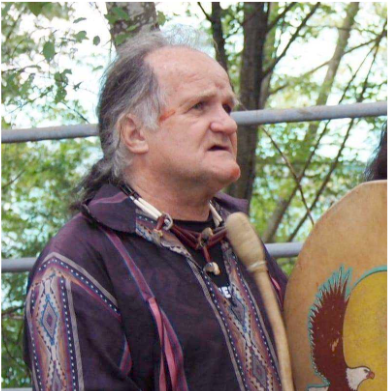
Bio:
Jim Leyden is a traditional Indigenous land defender and water protector with Anishinaabe and Irish-Italian ancestry. Invited by Squamish and Tsleil-Waututh Elders, he became the Elder at Kwekwecnewtxw (Coast Salish watch house) on Lhuḵw’lhuḵw’áyten (Burnaby Mountain) since 2018. His role is to conduct ceremonies to keep peace and monitor activities of the Trans Mountain tank farm and pipeline expansion project. He was trained in social work and has extensive experience supporting addiction recovery and expanding Indigenous programs in the Downtown Eastside (DTES) and beyond.
January 25, 2024: Faculty Seminar with Jessica Dempsey and Audrey Irvine-Broque
Exporting extinction: how the international financial system constrains biodiverse futures
Time: 12:30pm to 1:20pm
Location: Michael Smith Labs Theatre, Room 102, 2185 East Mall.
No food or drinks allowed in the Theatre.
View Video Recording.
Talk summary:
This talk will explore – through six case studies of extractivism in the Global South – how the organization of the international financial system influences state policy towards extractive land use change.
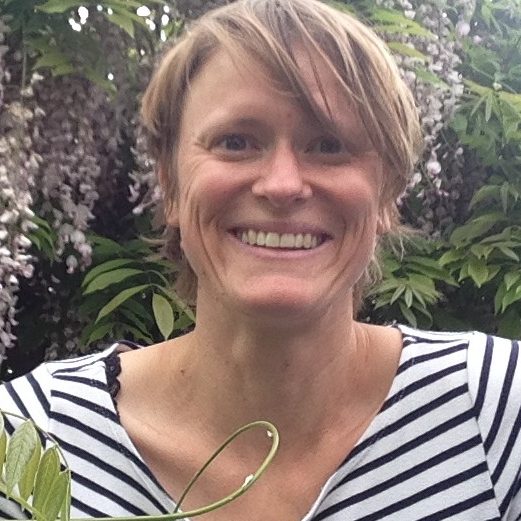
Bio:
Jessica Dempsey is an Associate Professor in the Department of Geography at the University of British Columbia. Her current research centers on the political economy drivers of biodiversity loss, and seeks to understand escalating ecological decline in a time of unprecedented efforts to arrest them.
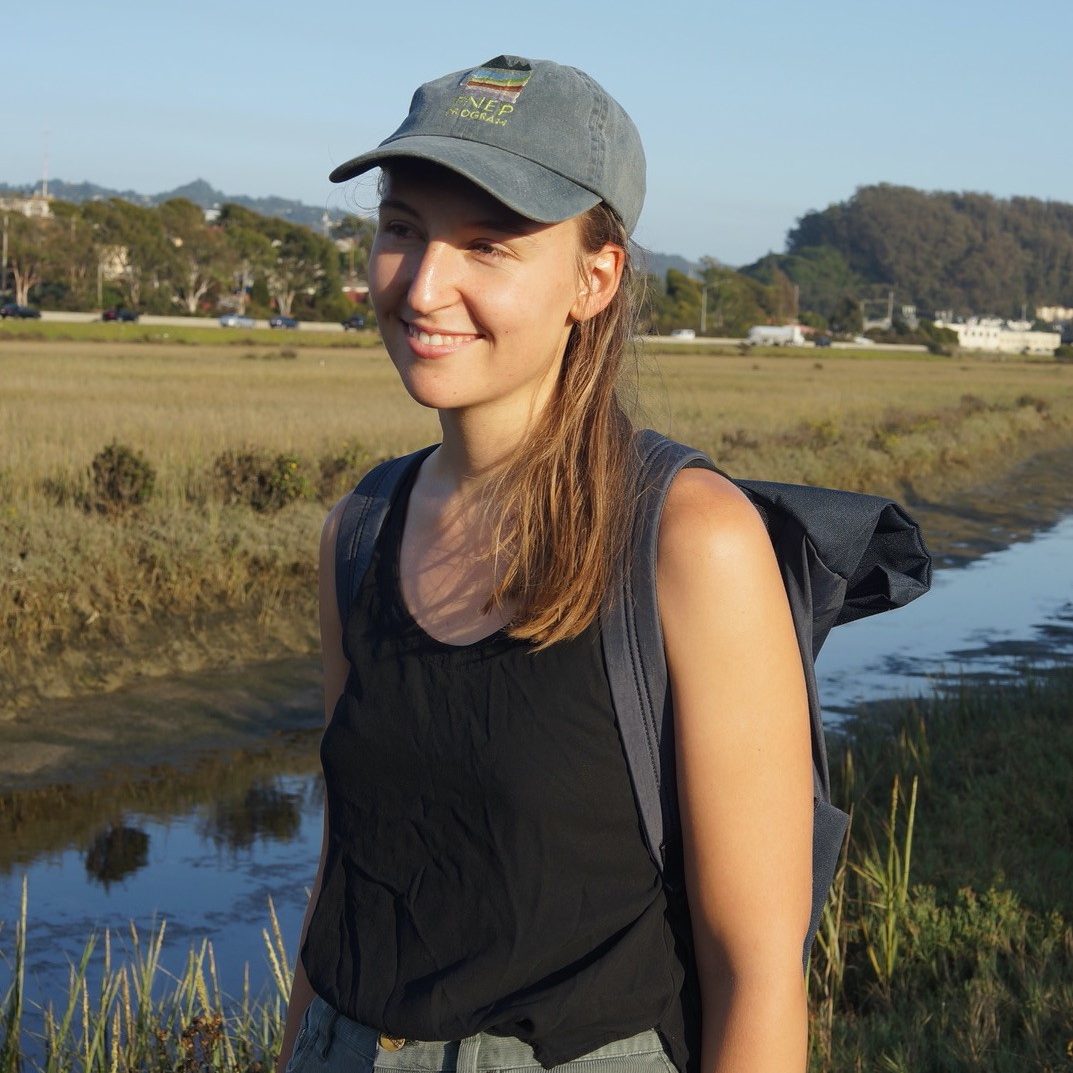
Bio:
Audrey Irvine-Broque is a PhD student in the Department of Geography at the University of British Columbia. She is a part of the Biodiversity Capital Research Collective, a team of researchers studying the political economy of biodiversity loss and biodiversity conservation
Jill Guerra recalls a culture of curiosity and rigour at IRES
Jill Guerra graduated with a Master’s in 2016 under the supervision of Dr. Hannah Wittman. Her thesis, titled “Pathways to agroecology: mediated markets and credit access in Santa Catarina, Brazil”, included a mixed-methods project examining the transition to sustainable agricultural practices. She is now a Senior Food Systems Advisor at Global Affairs Canada.
How did Jill’s time at IRES translate into real-world skills? Read below to find out!
Question: What values do you remember being in the air at IRES?
Answer: I recall a culture of curiosity and rigour that inspired me to investigate issues deeply and from multiple perspectives. By working and learning alongside students and professors from various disciplines and across departments, we expanded how to interpret and approach real world issues by transcending domain-specific methods or ways of thinking to broaden how we view the problem and what solutions are possible. In addition to a commitment to doing good, interesting, cross-disciplinary work, we always found time for sharing good food and getting out on adventures together. Grateful to have met so many bright and passionate people during my time at IRES.
Question: In what ways did your experiences at IRES help prepare you for what you do now?
Answer: Overall, IRES really levelled up my critical thinking and analytical skills and helped me to refine how I communicated this thinking to others through more succinct and impactful writing and presentation skills. Related to my area of expertise, I was able to significantly deepen my understanding of sustainable agriculture and food systems and I had the challenging, but extremely fulfilling, experience of conducting field work with smallholder farmers in Brazil. All of this has been central to what I offer in my current role at Global Affairs Canada where I work on agriculture and food systems within Canada’s international development portfolio.
Question: How did you find employment after graduate school?
Answer: After graduating, all my jobs have stemmed in small or large part from connections within my networks. I’ve found building relationships and connections helps others to see your strengths and what you could bring to a potential role down the road, including your technical knowledge but also the way you work with others, demonstrate integrity or reliability in your endeavours. It all matters. And it goes both ways, since having solid networks means you will have a better sense of where there are good people that you may want to bring onto your team or project when the time comes.
January 11, 2024: Policy Panel with Jimmy Zammar, Jessica Woolliams, and Jason Hsieh
How can research help inform policy priorities? Perspectives from local water, housing, and food sectors
Time: 12:30pm to 1:20pm
Location: Michael Smith Labs Theatre, Room 102, 2185 East Mall
Click here to register for Zoom link. Zoom will be terminated if we encounter tech problems 5 to 10 mins into the seminar.
No food or drinks allowed in the Theatre.
This seminar will not be recorded.
Talk Summary:
This seminar features a panel of three speakers from local policy sectors. They will discuss current policy priorities in Vancouver and BC, research needs, and perspectives on how research can inform policy.
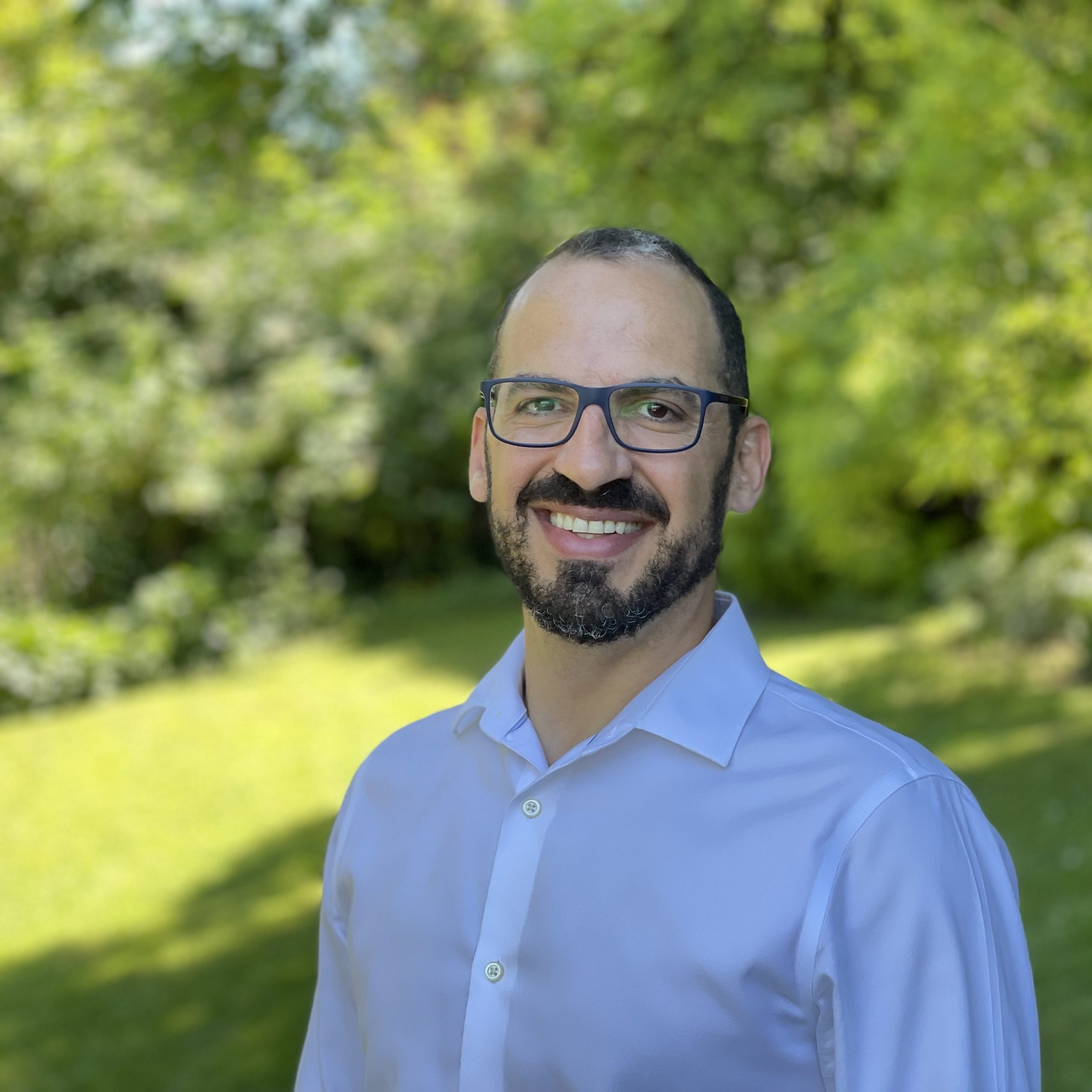
Bio:
Jimmy is the Director of Urban Watersheds, Sewers and Drainage for the City of Vancouver. He oversees the city’s rainwater and sanitary systems—the largest asset group in the City. He has led the City’s “One Water” approach, and champions the implementation of green infrastructure, water-sensitive urban planning, and embedding equity, Reconciliation and climate adaptation. As an interdisciplinary leader, Jimmy operates at the confluence of imperatives that impact the community, the environment, and the organizations that are accountable for delivery. He holds a bachelor and masters degree in Architecture, and masters degrees in project management and sustainable development.
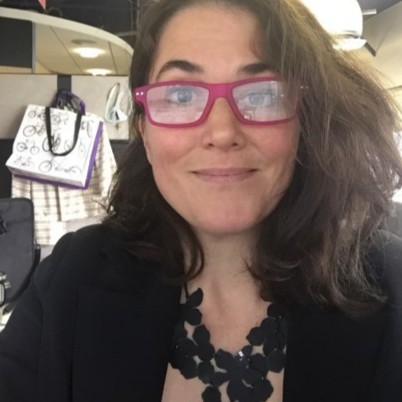
Bio:
Jessica has been leading efforts to mainstream and support sustainable buildings and resilient communities through policy, education, programs and training for over three decades. She championed and led the development of: UBC’s Residential Environmental Assessment Program (REAP) program, Green Buildings BC; Harvard University’s Green Campus Initiative (Medical Campus); Light House Sustainable Building Centre; and Cascadia Green Building Council’s BC office.
She has worked with the BC Government, BC Hydro and BC Housing to develop programs and establish strategic direction for large building portfolios to become more sustainable and climate resilient. She has written numerous articles and taught at Harvard University, SFU, BCIT and UBC. Her background is building technology and urban planning.
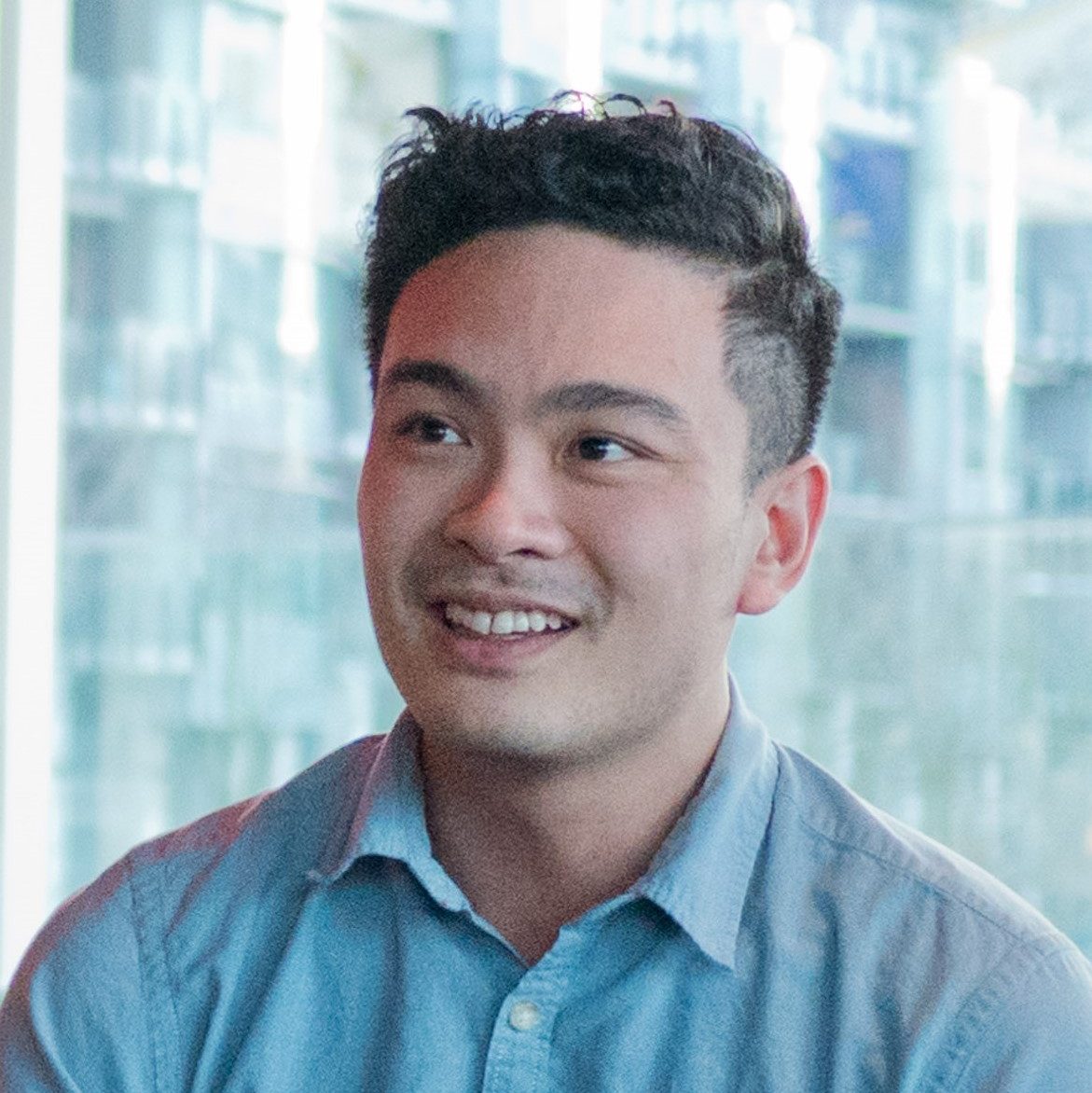
Bio:
Jason was born and raised on the unceded lands of the Musqueam, Squamish and Tsleil-waututh, currently working as a Social Planner on the municipal food systems portfolio. The position serves to coordinate cross-departmental delivery of the Vancouver Food Strategy as well as food system related actions in the City’s more recent citywide and area plans. Jason aims to bring a community development approach to this work, looking to ground the City’s food system ambitions by building on the knowledge and assets that communities already have.
Tarun Khanna
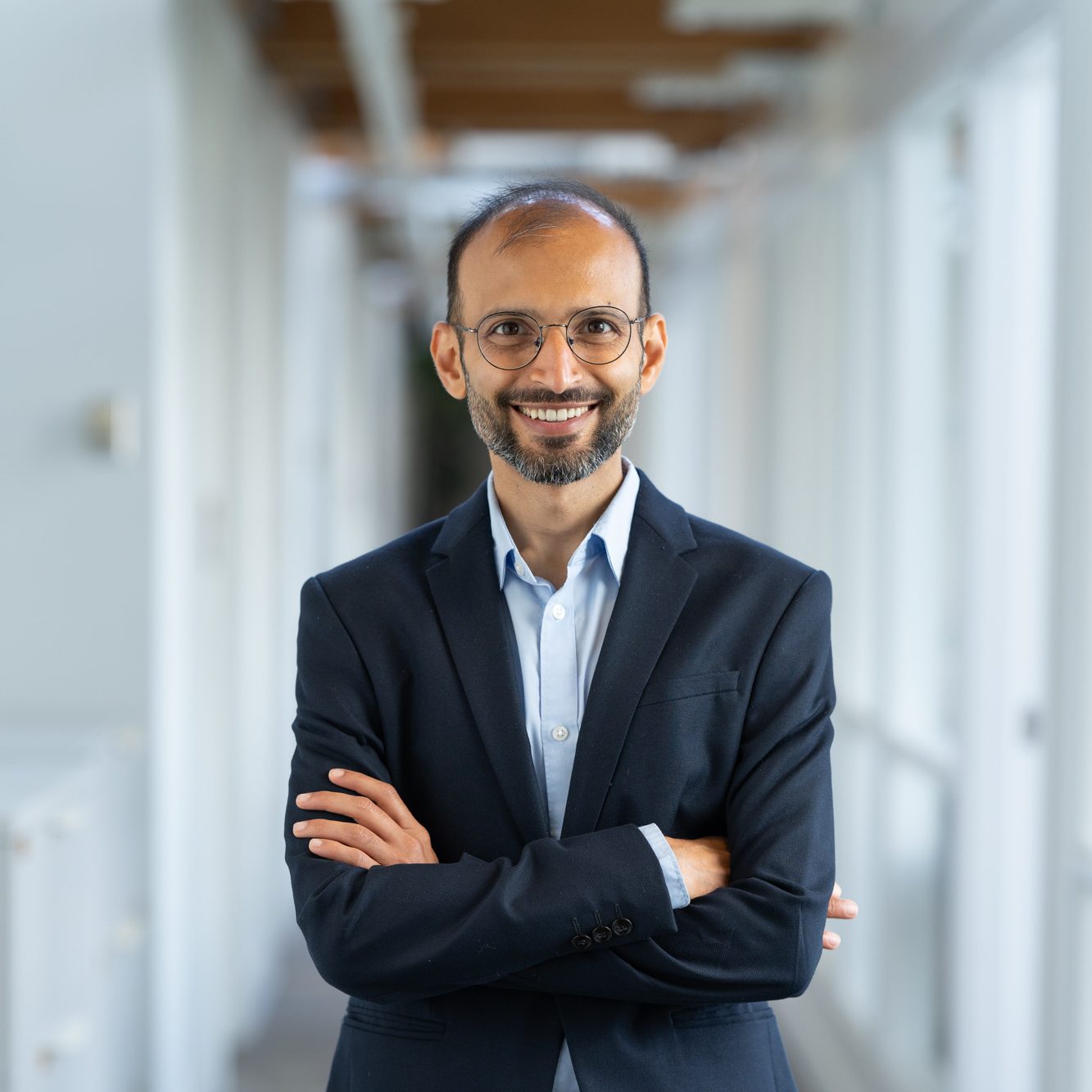
Bio
Tarun Khanna is appointed in SPPGA, not at IRES, and instead is a Faculty Associate of our unit. He may supervise students in our RES graduate program.
Tarun M. Khanna is an Assistant Professor with the School of Public Policy and Global Affairs (SPPGA) and a visiting researcher at the Mercator Research Institute on Global Commons and Climate Change in Berlin. His research interests focus on energy and climate policy.
Dr. Khanna studied economics at the University of Delhi and specialized in energy economics during his PhD. He is interested in the economics of the decarbonization of the energy sector and the policies that are needed to get there. His wider research interests include evidence synthesis, policy evaluation, electricity markets and energy in development. Before turning to academia, Dr. Khanna was a policy practitioner. He worked with regulators, governments, and utilities in the design and implementation of electricity policy in South Asia. Some of this work was done with the World Bank, the Asian Development Bank (ADB) and more recently the International Energy Agency (IEA). Over the last year, he contributed to the policy debate in Germany in face of the energy crisis in 2022 through reports for the German government on demand side-measures.